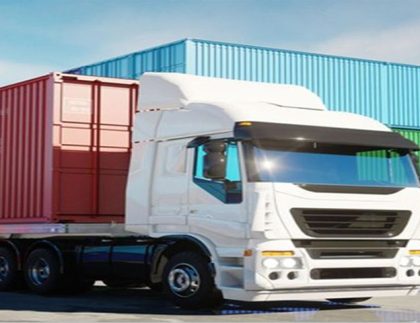
Choosing the right warehousing solution is crucial for the success of any business. The right choice not only improves efficiency but also impacts your overall supply chain management. In this blog, we’ll explore various warehousing options for businesses and provide tips on how to select the best solution to meet your unique needs.
Understand Your Business Requirements
Before diving into the different warehousing options for businesses, it’s essential to assess your specific requirements. Consider factors such as:
- Type of Goods: What products are you storing? Different goods may require different storage conditions (e.g., temperature-controlled environments for perishables).
- Volume of Inventory: How much inventory do you need to store? This will influence the size and type of warehouse you require.
- Shipping Frequency: How often do you need to ship products? Your warehousing solution should align with your shipping schedule to ensure timely deliveries.
Explore Warehousing Options
There are several warehousing options available, each suited to different business needs. Here are some common types:
- Public Warehouses: These are owned by third-party providers and can be rented on a short-term basis. They are ideal for businesses looking for flexibility without a long-term commitment.
- Private Warehouses: Owned and operated by a company, these warehouses offer more control and are suitable for businesses with consistent inventory levels. However, they require significant capital investment.
- Contract Warehousing: This option involves entering into a contract with a third-party provider for specific services, such as handling and storage. It offers a balance between flexibility and control.
- On-Demand Warehousing: A relatively new concept, on-demand warehousing allows businesses to rent space as needed, offering scalability to adapt to fluctuating inventory levels.
- Climate-Controlled Warehousing: For businesses dealing with sensitive products, such as food or pharmaceuticals, climate-controlled warehouses are necessary to maintain quality.
Consider Warehouse Management Systems
An efficient warehouse management system (WMS) is essential for optimizing warehouse operations. A good WMS can help you manage inventory, streamline order fulfillment, and improve overall productivity. Look for systems that offer features such as:
- Real-time Inventory Tracking: Keep an accurate count of your stock to prevent overstocking or stockouts.
- Order Management: Automate the order fulfillment process to enhance efficiency and reduce errors.
- Reporting and Analytics: Use data to make informed decisions about inventory management and warehouse operations.
Evaluate Your Logistics Partner
When choosing a warehousing solution, it’s essential to partner with a reliable logistics provider. DDU Express offers comprehensive warehousing and logistics services tailored to meet your business needs. As a leading international logistics company, DDU Express ensures your products are stored securely and handled efficiently. Our expertise in warehouse management allows us to optimize your supply chain, providing you with peace of mind and enabling you to focus on growing your business.
Make an Informed Decision
After evaluating your needs, exploring various warehousing options, and considering warehouse management systems, it’s time to make a decision. Ensure that your chosen solution aligns with your business goals and provides the flexibility to adapt as your needs change.
Conclusion
Choosing the right warehousing solution is a critical decision that can significantly impact your business operations. By understanding your requirements, exploring the available options, and leveraging the expertise of a reliable logistics partner like DDU Express, you can make an informed choice that enhances your supply chain efficiency.
For more information on our warehousing and logistics services, visit DDU Express. Let us help you find the perfect warehousing solution tailored to your business needs!










